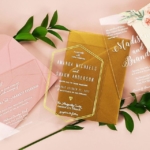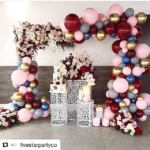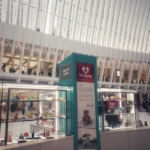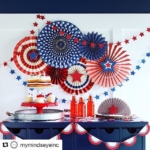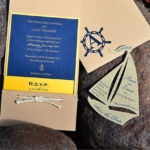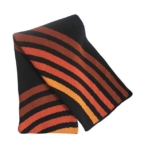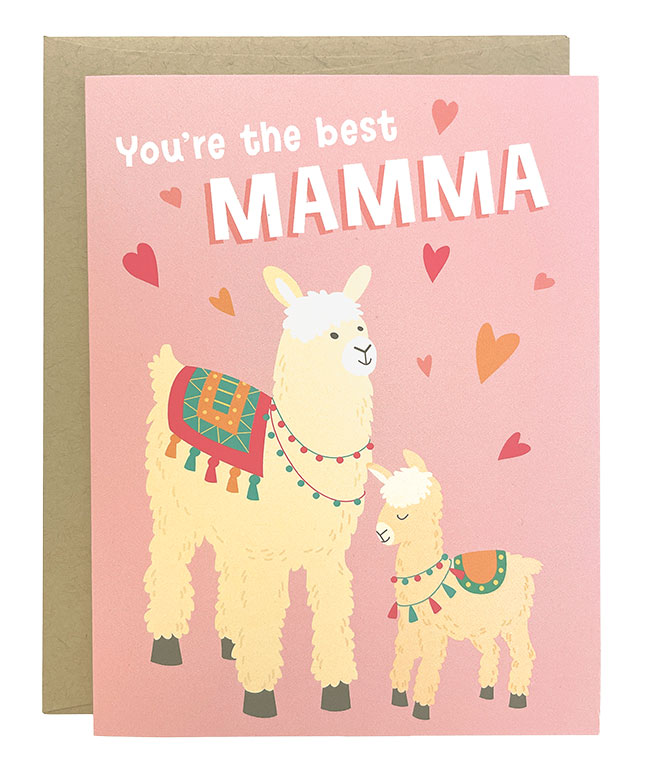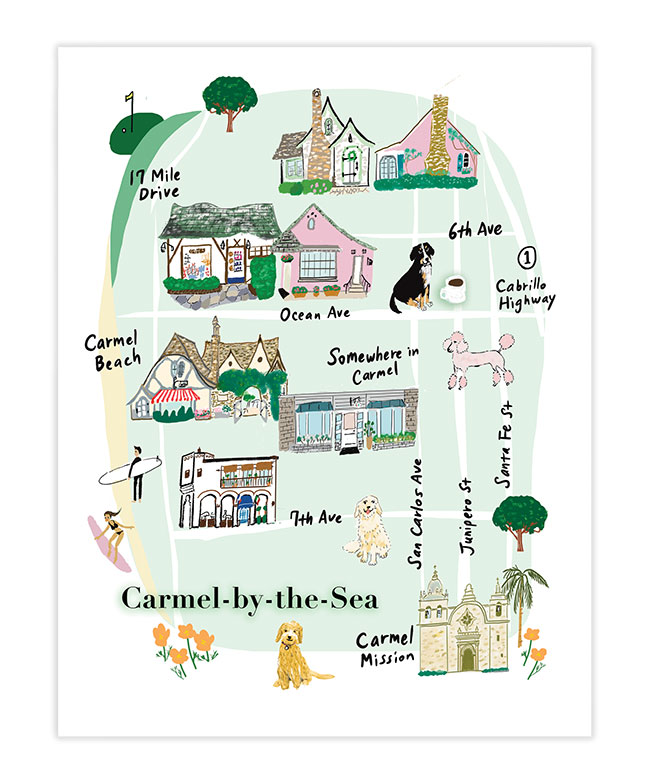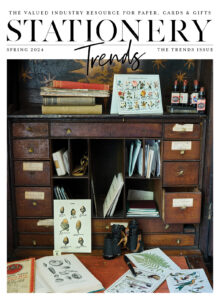News
August 10, 2017
South Bay mother-daughter duo sends military letters of love KITs
For the past 30 years, the Alzheimer’s Activity Center has served adults suffering from dementia — but Martha Honda hadn’t heard of the group until 2011.
That was when Honda’s 76-year-old mother, Jan Ely, started showing signs of Alzheimer’s.
“She would start forgetting things or people or trips she had taken,” Honda, age 54, said about her mother, a former teacher for the Cambrian Elementary School District. “But she always had to be doing something.”
The toll of the disease hit the family hard. Honda said they couldn’t do it alone and that was when they learned about the Alzheimer’s Activity Center, where her mother could come during the day.
“She had to do something with a purpose,” said Grace Tumah, the center’s manager of client and family services, about Ely. “She wasn’t going to do anything if it didn’t have a meaning behind it.”
As 2016 rolled around, Honda’s mother’s memory started fading faster, and so did their connection. Even though their love was strong, Honda said she felt herself growing distant from her mother. She wanted to find something that they could do together — that’s when they began decorative cards.
“She started making cards so fast, I couldn’t keep up with her,” Honda said.
What were they going to do with all of these cards? After a conversation Honda had with her own daughter in April of 2015, Honda knew what she could do — she could compile stationery kits for troops abroad.
So Honda started KITs — Keep in Touch kits — for military troops.
“So many people use email, but I’m from a generation where there’s just something about receiving a card in the mailbox,” said Honda, 54.
Even though Honda’s mother made cards at rapid speed, Honda knew they needed more help to get their packages abroad. After a couple of conversations with Tumah and the Alzheimer Activity Center’s director, Maria Nicolacoudis, Honda knew her KITs could do more than just help military folks and her mother — they could help give a purpose to other adults suffering from the disease at the center.
“They loved it,” Nicolacoudis said about the 30 center goers who helped make KITs. “When you do anything that is meaningful, they understand and feel it. They participated in the military or had husbands and children who participated and this way they feel like they are giving back.”
Each KIT featured 14 cards with messages like “I miss you,” or “I love you.” Folks at the center also had glued buttons and doodled designs on card stock from Shutterfly and Etsy companies that donated cards for free.
KITs included pencils and a magnet to hang photos on foot chests. On the back of each of the 200 KITs was a collage of photos of the people at the center and their story.
“We would love to do something like this again,” Tumah said. “It just shows the skills of the folks we serve and their ability to serve the community too.”
The next step was getting the KITs to troops. Honda connected with the South Bay Blue Star Moms — a support group that assists military families. At a meeting of the SBBSM, Honda presented the KITs and her mother’s story.
“We send out packages to our troops twice or three times a year, so we were excited to have someone want to help to contribute,” said Lorrie Moore, the SBBSM care package director. “It’s a great cause and it means so much to our loved ones in the military to have people show they care.”
In June 2016, 100 packages were sent to troops — from Afghanistan to Mountain View — affiliated with SBBSM, Moore said. Honda didn’t know which individuals received KITs until the thank you’s started pouring in.
“I had a reply card in each KIT,” Honda said. “I started getting replies as early as that June and they have kept coming ever since.”
Remaining KITs were donated to Youth Homes, Inc. — a foster care support organization — and onRoute22 — an organization aimed to end poverty for homeless women.
Honda’s circle of care spread far. Honda’s mother no longer lives at home or goes to the center as her has disease progressed and she requires full-time care in a home. But one year later, the Alzheimer’s Activity Center writes letters to service members abroad while Honda’s parents still write love letters to each other. Her husband of 38 years, Hal Ely, lives independently in a San Jose senior living facility near the home he still owns and once shared with his wife.
“This disease has stripped my mother of her memory,” Honda said, “but it hasn’t stripped her of her heart.
Full article can be found here.


